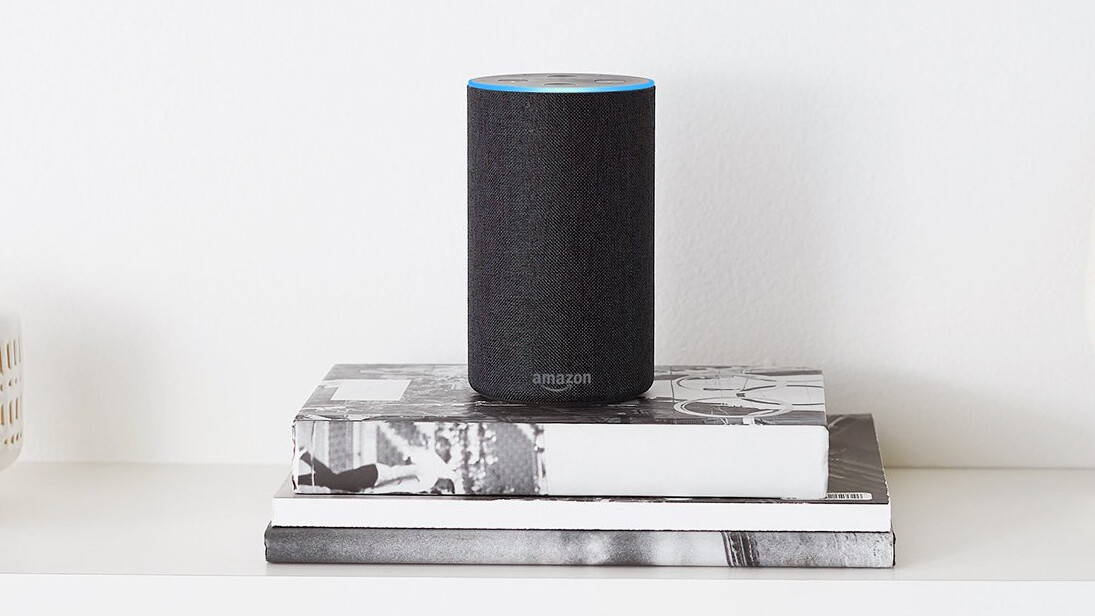
Amazon’s Alexa smart assistant may be useful, but the privacy concerns aren’t going away anytime soon.
Now, in a fresh turn of events, the retail giant has confirmed that it keeps transcripts and voice recordings indefinitely, and only removes them if they’re manually deleted by users.
The confirmation came to light after Delaware Democratic senator Chris Coons sent a letter to Amazon CEO Jeff Bezos back in May, requesting information about the company’s privacy and data security practices for Alexa devices.
Privacy in the Internet of Things space has already been a hot topic. Earlier this April, Bloomberg published a piece about how thousands of Amazon employees listen to voice recordings captured in Echo speakers, transcribing and annotating them to improve the Alexa digital assistant that powers the smart speakers.
Then in May, the retail behemoth came under further scrutiny for its data collection practices after CNET reported that Alexa assistant not only keeps your voice recordings, but also keeps a record of your voice transcriptions for improving its AI algorithms, with no option to delete them.
“The inability to delete a transcript of an audio recording renders the option to delete the recording largely inconsequential and puts users’ privacy at risk,” said Coons in his letter.
That’s not all. A coalition of children’s advocacy organizations led by the Campaign for a Commercial-Free Childhood filed a complaint with the US Federal Trade Commission claiming that the Amazon Echo Dot Kids Edition was retaining children’s data even after parents deleted the voice recordings.
Although Amazon has denied that its devices are in violation of children’s online privacy protection laws, it acknowledged there was a bug, and has since fixed the issue. It also began rolling out a pair of Alexa commands that allows users to delete their voice recordings without using its website.
In addition, the company said it had an “ongoing effort to ensure those transcripts do not remain in any of Alexa’s other storage systems.”
When the voice commands are manually deleted by a customer, Amazon claimed it does delete their voice transcripts as well as Alexa’s response. But the company said it still retains other records of customers’ Alexa interactions, including records of actions Alexa took in response to the customer’s request. This includes using Alexa skills to hail an Uber, or order pizza from Domino’s.
Amazon’s response points out that even developers of Alexa skills can keep a record of every transaction or routinely scheduled activity a user makes with an Echo device. “When a customer interacts with an Alexa skill, that skill developer may also retain records of the interaction,” the company wrote in its response.
The latest development also comes at a time privacy concerns have reached a fever pitch, with people scrutinizing the tech they use more than ever. Amazon has repeatedly said the collected data is reviewed and annotated by humans to help improve Alexa over time, using machine learning methods to train its underlying speech recognition and natural language processing systems.
But the lack of clarity surrounding its data collection and retention policies has revived debates over the sometimes conflicting goals of convenience and privacy. And Coons isn’t exactly satisfied with Amazon’s reply.
“Amazon’s response leaves open the possibility that transcripts of user voice interactions with Alexa are not deleted from all of Amazon’s servers, even after a user has deleted a recording of his or her voice,” he said in a statement. “What’s more, the extent to which this data is shared with third parties, and how those third parties use and control that information, is still unclear.”
Get the TNW newsletter
Get the most important tech news in your inbox each week.




